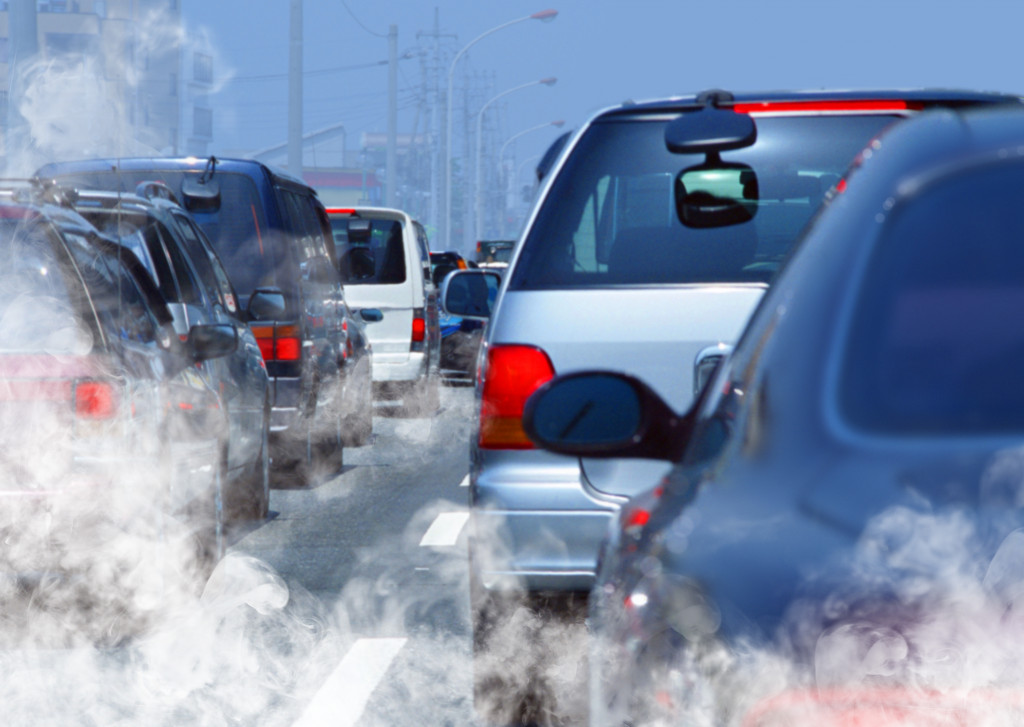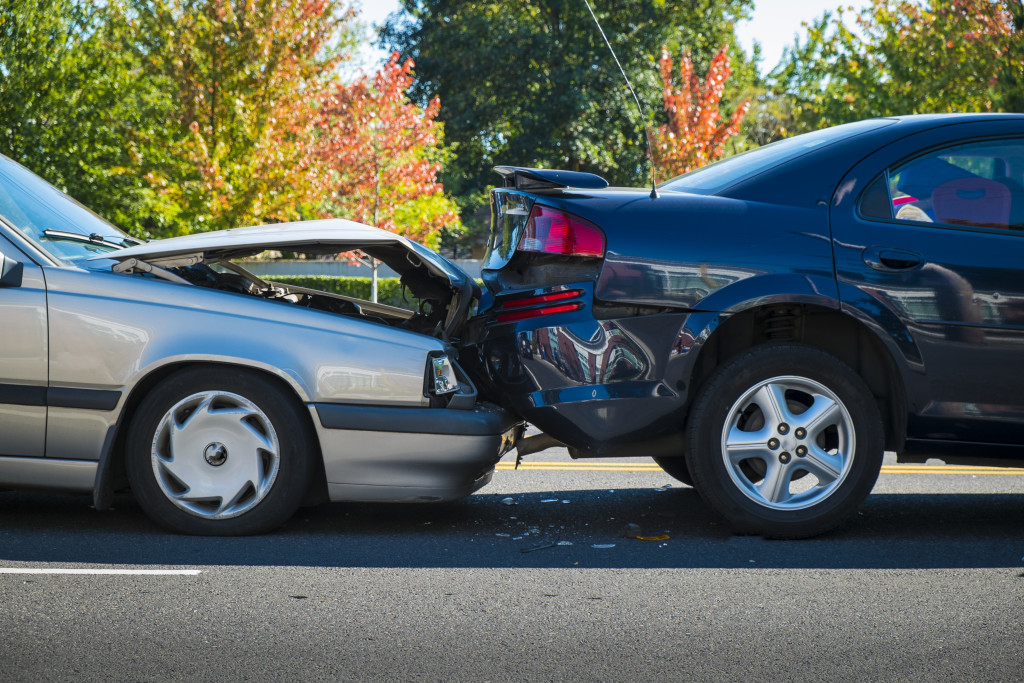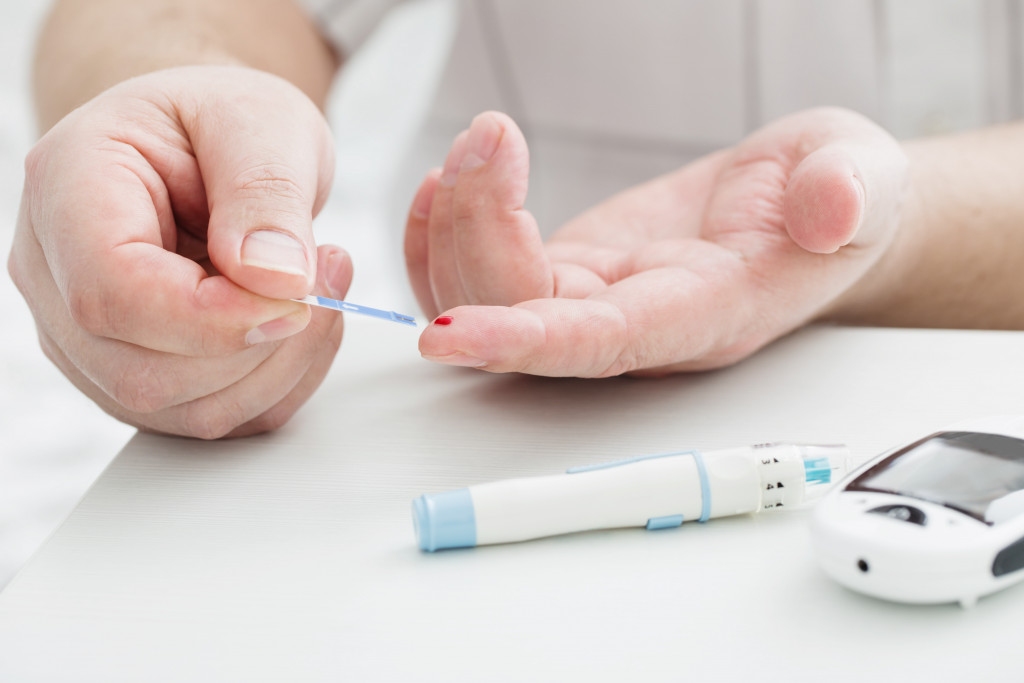Did you know that air pollution is constantly increasing and is now considered a global health emergency? Air pollution can have harmful effects on your health, causing respiratory problems, heart attacks, eye irritation, asthma, and even cancer.
But don’t worry – there are things you can do to protect yourself from the risks of air pollution. In this article, you will find five tips for leading a healthy lifestyle to prevent air pollution risks on your health. But before getting into that, let’s understand what air pollution is.
What is Air Pollution, and How Does it Affect Your Health?
Air pollution is a mixture of solid particles and gases in the air. It can come from many different sources, including factories, cars, power plants, and fires. There are various air pollutants, including particulate matter, ozone, nitrogen dioxide, sulphur dioxide, and carbon monoxide.
Air pollution can have harmful effects on your health, causing respiratory problems, heart attacks, eye irritation, asthma, and even cancer. It is especially detrimental to children, the elderly, and those with chronic illnesses.

Tips for Leading a Healthy Lifestyle to Prevent Air Pollution Risks on Your Health
Many healthy lifestyle tips can help you avoid air pollution risks on your physical and mental health. These tips include :
Checking the Daily Air Pollution Forecasts in Your Area
When it comes to protecting your health from the dangers of air pollution, one of the most important things you can do is stay informed about the air quality in your area. Checking the daily air pollution forecasts can help you avoid outdoor activities when high pollution levels. It can also help you decide how to reduce your exposure to air pollution. One of the best ways to minimize your air pollutant exposure is using reusable protective face masks.
Avoiding exercising outdoors when the pollution levels are high is especially important for people with respiratory problems, such as asthma. When the air quality is poor, it’s best to stick to indoor activities, such as swimming or using the stationary bike at the gym.
It’s also a good idea to avoid exercising near high-traffic areas, where the levels of air pollution are often higher. This is because the exhaust from cars and other vehicles contains many harmful pollutants that can be dangerous.
Being Thoughtful About Transportation
When it comes to reducing your exposure to air pollution, one of the most important things you can do is be thoughtful about transportation. This includes using public transit or walking instead of driving, carpooling when possible, and avoiding high-traffic areas.
Using public transportation is a great way to reduce your exposure to air pollution because the vehicles are generally older and have better emissions control than cars. Walking is another excellent way to reduce your exposure because you’re not breathing in any emissions from vehicles.
Considering Using Air Purifiers
Air purifiers are devices that help to remove harmful pollutants from the air. They can be accommodating in reducing your exposure to air pollution, especially if you live in a city or near a high-traffic area.
Air purifiers reduce air pollution by trapping the pollutants in a filter. This filter then needs to be replaced regularly. Some air purifiers also come with an activated carbon filter, which helps to remove volatile organic compounds (VOCs) from the air.
Promoting Clean, Renewable Energy
Another great way to reduce your air pollution health risks is promoting clean, renewable energy. Clean, renewable energy comes from naturally replenished sources, such as the sun, wind, and water. This type of energy is much cleaner and healthier for the environment than traditional energy sources, such as coal and oil.
For example, solar energy is a great way to reduce your exposure to air pollution. Solar energy is a renewable resource, and it doesn’t produce any harmful emissions that can contribute to air pollution.
Avoiding Smoking Indoors
Smoking indoors is one of the worst things you can do for your health, as it increases your exposure to air pollution. When you smoke indoors, you’re breathing in all of the harmful pollutants from the cigarettes, which can be very dangerous for your health.
Smoking indoors is especially harmful to pregnant women and their unborn children. It’s also detrimental to people with respiratory problems, such as asthma.
If you’re trying to quit smoking, many resources are available to help you, including nicotine replacement therapy and counselling. Quitting smoking is one of the best things you can do for your health and the health of your loved ones.
Air pollution can be hazardous to your health and can cause various respiratory problems. By following these five tips for a healthy lifestyle, you can help to prevent air pollution from affecting your health.



